Loughran Cappel measure prioritizing all special education students heads to the House
- Details
 SPRINGFIELD – State Senator Meg Loughran Cappel is working on a measure that would bring equity to funding for special education students by creating a fair reimbursement rate for special education day schools.
SPRINGFIELD – State Senator Meg Loughran Cappel is working on a measure that would bring equity to funding for special education students by creating a fair reimbursement rate for special education day schools.
“I spent 15 years in the classroom as a special education teacher,” said Loughran Cappel (D-Shorewood). “We have to ensure our students can receive a quality education in the least restrictive environment. This initiative would achieve equitable funding for all special needs students, no matter their placement.”
Senate Bill 3606 would equalize the reimbursement rate received by public school districts from the Illinois State Board of Education when sending high-needs special education students to private and public special education day schools.
Read more: Loughran Cappel measure prioritizing all special education students heads to the House
Hastings passes legislation to provide first responders with mental health care
- Details
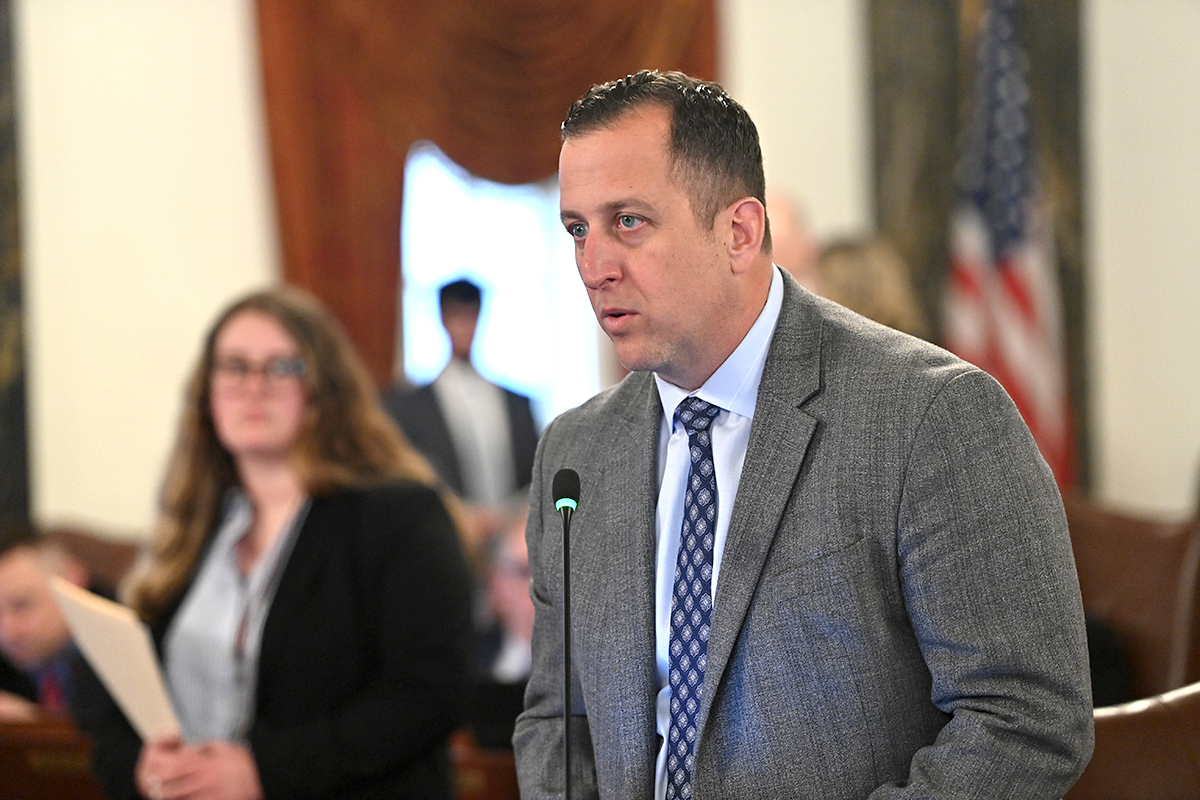 SPRINGFIELD – State Senator Michael E. Hastings passed a measure to ensure municipal and county first responders receive free mental health insurance coverage.
SPRINGFIELD – State Senator Michael E. Hastings passed a measure to ensure municipal and county first responders receive free mental health insurance coverage.
“We owe it to these brave individuals to provide them with the support and resources they need to heal and recover from the daily trauma they continuously endure in the line of duty,” said Hastings (D-Frankfort). “It is not only morally imperative but also cost effective. By addressing mental health issues early on, we can prevent more serious and costly consequences down the line.”
Senate Bill 3538 would require any self-insured county or municipality that provides health insurance coverage to first responders to include mental health counseling coverage without imposing any cost-sharing requirements on patients.
Read more: Hastings passes legislation to provide first responders with mental health care
Cervantes advances bill to reduce barriers for real estate licensing
- Details
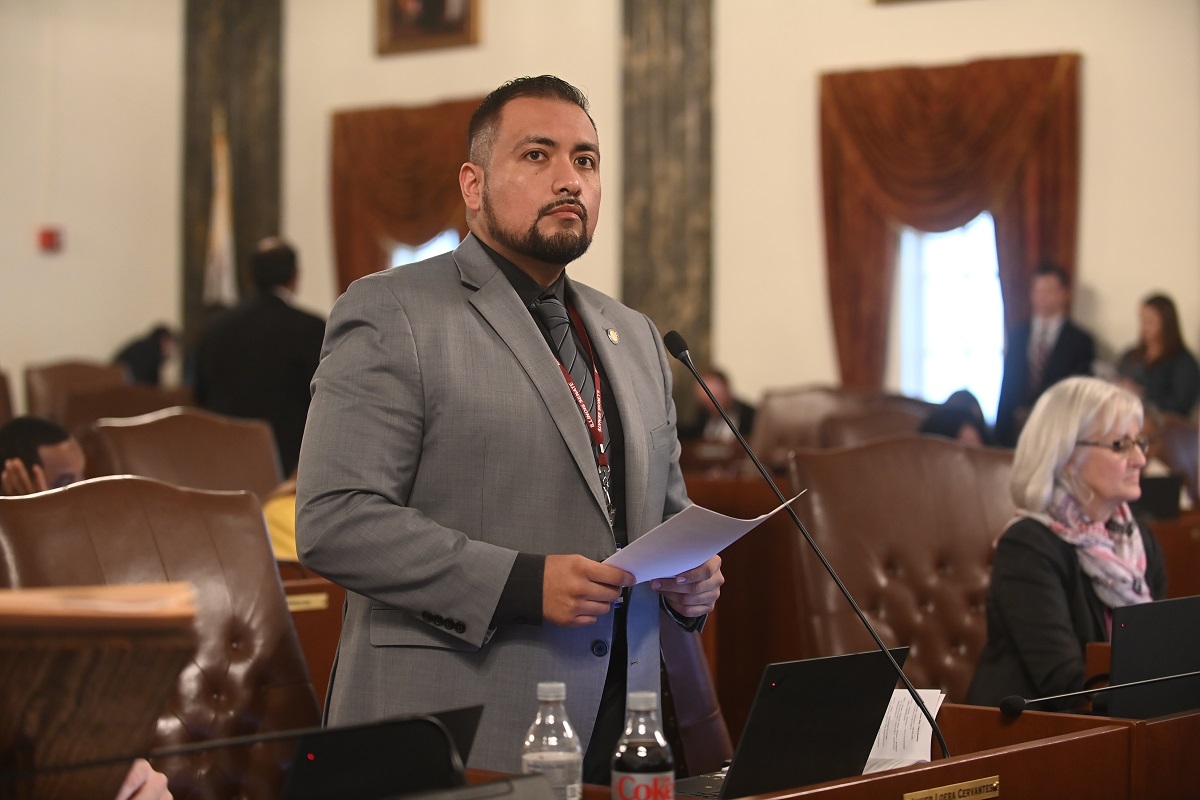 SPRINGFIELD – State Senator Javier Cervantes passed a bill in the Senate to expand real estate licensing in Illinois to brokers licensed in another state.
SPRINGFIELD – State Senator Javier Cervantes passed a bill in the Senate to expand real estate licensing in Illinois to brokers licensed in another state.
“To modernize our real estate practices in Illinois, this legislation would promote greater diversity in the market for many residents to utilize,” said Cervantes (D-Chicago). “Allowing more brokers and managers from other states to operate in Illinois would benefit our residents and the businesses wanting to operate in our state.”
Senate Bill 3740 would require brokers and managing brokers licensed in another state who are applying for licensure in Illinois to follow specific guidelines to obtain licensure.
Read more: Cervantes advances bill to reduce barriers for real estate licensing
Chicago could soon benefit from Business Improvement Districts, thanks to Feigenholtz
- Details
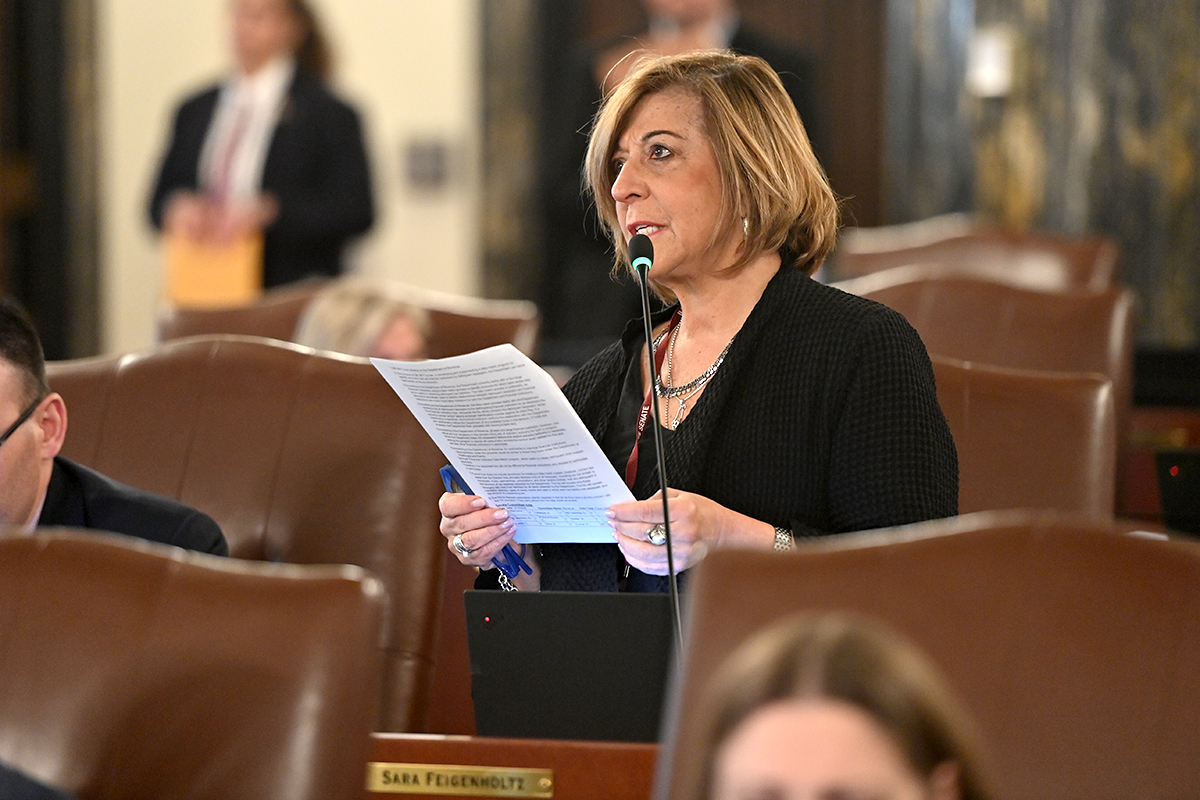
SPRINGFIELD — To give downtown Chicago business owners a concrete path to address the needs of their communities and generate revenue that can be used to revitalize business corridors across the city, State Senator Sara Feigenholtz advanced legislation that would allow for the creation of Business Improvement Districts.
“After three years of work, we are giving Magnificent Mile business owners the freedom to chart their own path on a downtown revitalization plan,” said Feigenholtz (D-Chicago). “Through Business Improvement Districts, our vibrant city centers will have the flexibility and authority to direct their own spending, development and revival.”
Senate Bill 3679 would set the foundation for Chicago businesses to form a Business Improvement District – or BID – and collectively fund improvement projects. Business owners would have direct oversight on how the funds are utilized for projects within the district. BIDs only apply to commercial properties, meaning homeowners and residential properties would not pay any additional fees.
Read more: Chicago could soon benefit from Business Improvement Districts, thanks to Feigenholtz
More Articles …
Page 198 of 735


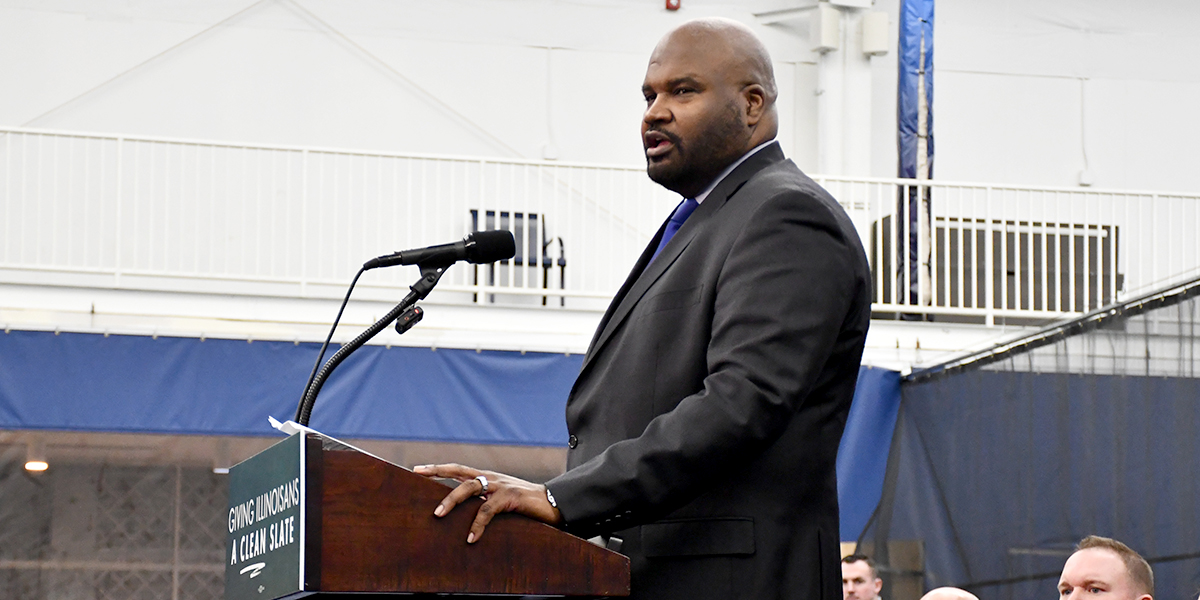
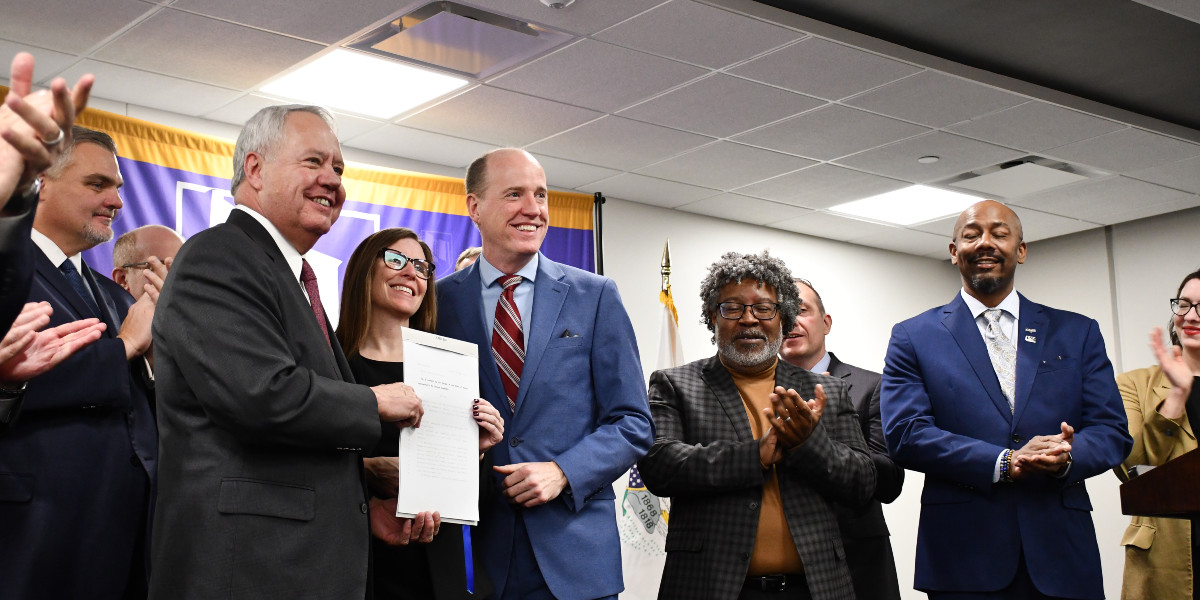
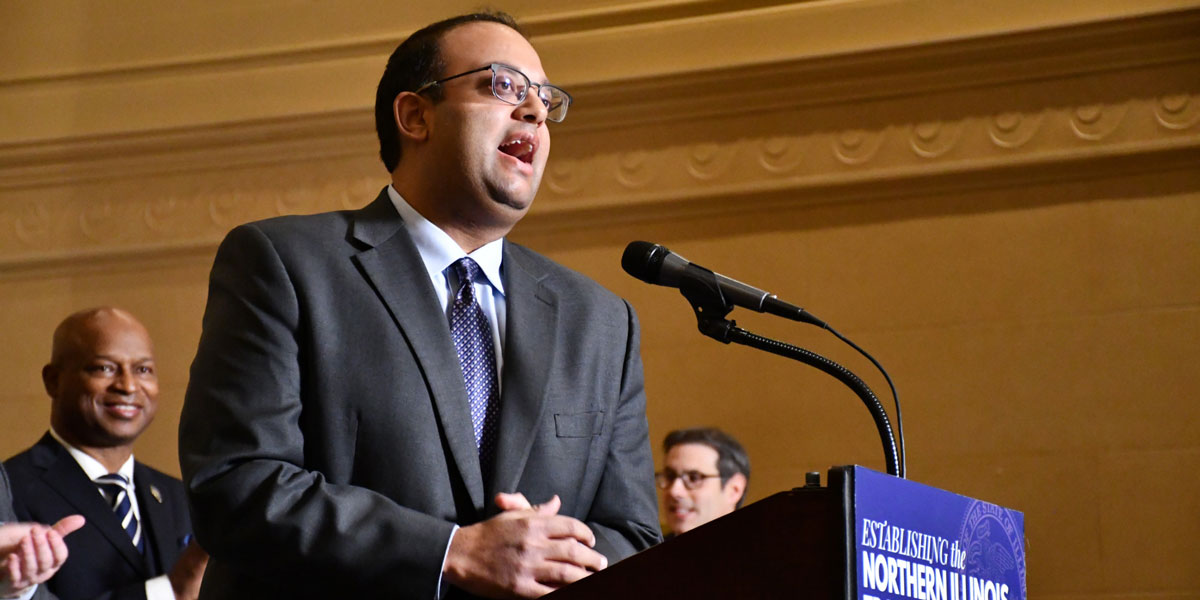
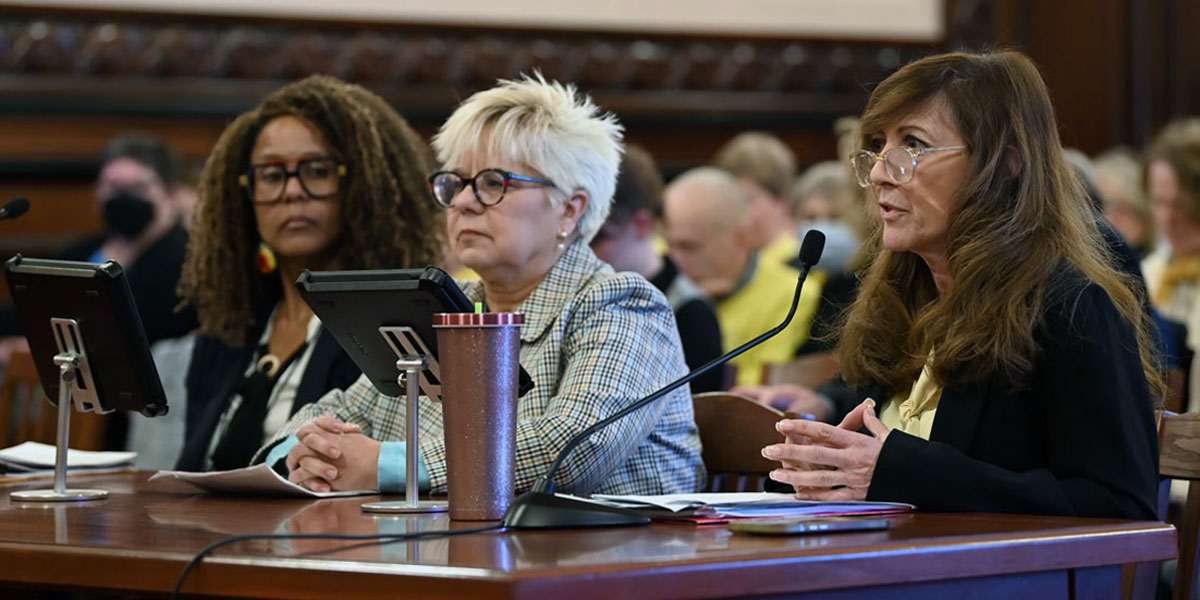


















 © 2026 Illinois Senate Democratic Caucus
© 2026 Illinois Senate Democratic Caucus